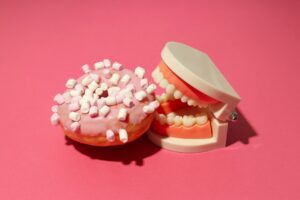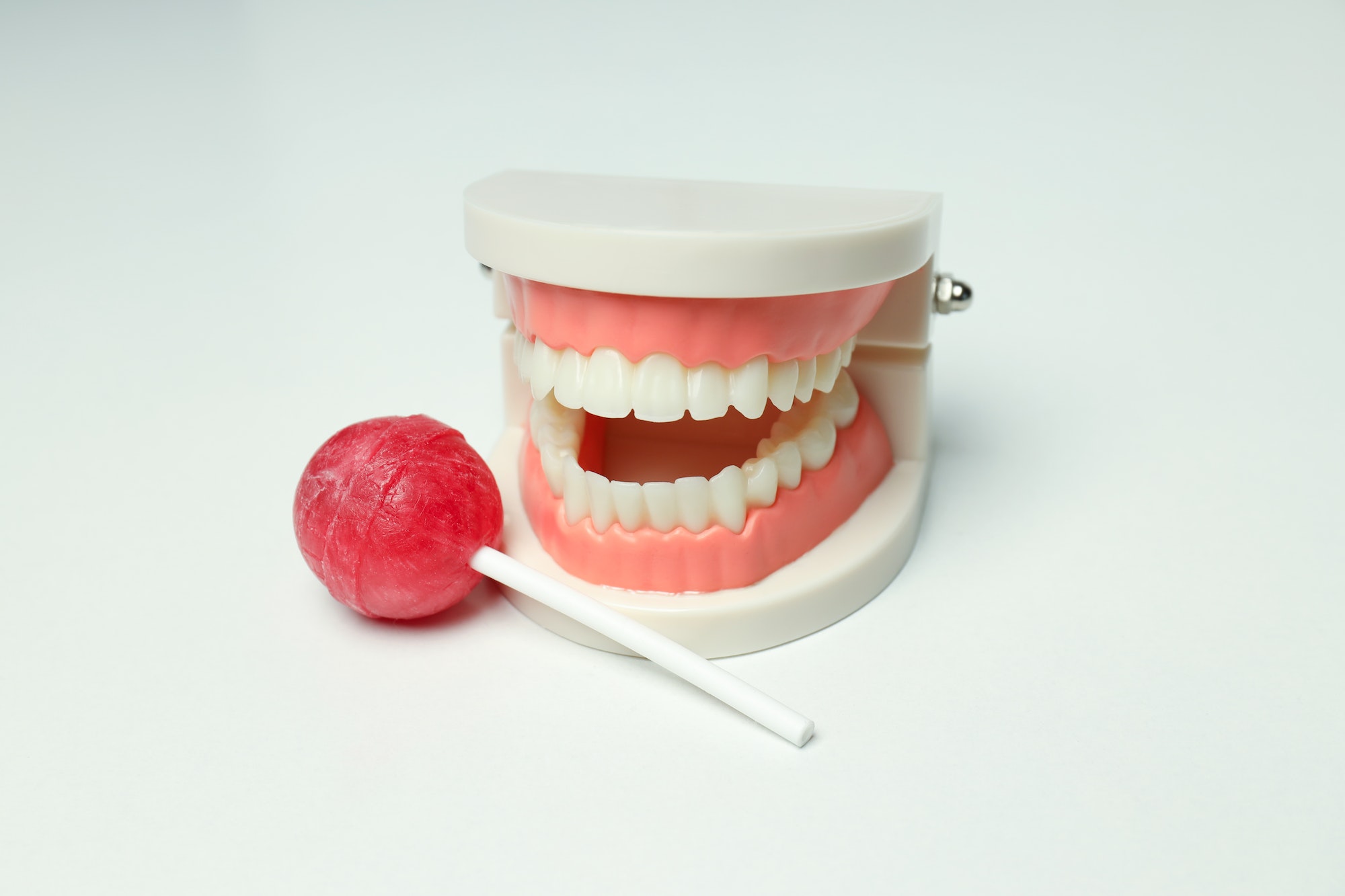Can nutrition affect oral health? Here’s what you need to know
When taking care of our teeth, many of us are familiar with the basics of good oral hygiene, such as brushing, flossing, and regular dental checkups. But did you know that what we put in our bodies can play a role in maintaining healthy teeth and gums?
That’s right, from vitamins and minerals to sugars and fats, what we eat impacts our overall health and oral health. Join us as we explore how nutrition affects oral health so that you can make informed decisions when building solid habits for keeping your smile in top shape!
Nutrients You Need For Great Health
Good nutrition is essential for overall health and includes oral health. A healthy diet helps to prevent tooth decay, gum disease, and other dental problems.
The building blocks of a healthy diet include carbohydrates, proteins, fats, vitamins, and minerals. Carbohydrates provide energy and help to keep teeth strong. Proteins are essential for building and repairing tissues, including those in the mouth. Fats help to protect teeth from bacteria and other harmful organisms. Vitamins and minerals help to build strong bones, fight off infections and maintain healthy gums.
Foods high in sugar, such as candy, cookies, and cake, can lead to cavities if eaten too often. Acidic foods and drinks, such as citrus fruits, soda, and sports drinks, can damage tooth enamel. Sticky foods, such as dried fruit and caramels, can stay on teeth longer than other types of food. This can increase the risk of cavities.
Eating a balanced diet with plenty of fresh fruits, vegetables, and dairy products helps keep teeth healthy. Limiting sugary snacks and drinks is also essential for maintaining a healthy mouth. Drinking water regularly can help to wash away food particles and bacteria that can lead to cavities.
How The Wrong Food Damages Your Oral Health
 The foods you consume can significantly impact your oral health, and it is vital to be aware of the different types of foods that may lead to dental decay. High-sugar and high-starch snacks are some of the biggest culprits for damaging teeth. Sugary items like candy and desserts contain bacteria that can create acids that can erode enamel and cause cavities.
The foods you consume can significantly impact your oral health, and it is vital to be aware of the different types of foods that may lead to dental decay. High-sugar and high-starch snacks are some of the biggest culprits for damaging teeth. Sugary items like candy and desserts contain bacteria that can create acids that can erode enamel and cause cavities.
Starchy foods like chips and bread, when left on the surface of teeth for long periods, are also prone to creating dental decay. The bacteria in these foods interact with saliva in your mouth to produce acids that attack your tooth enamel.
Besides sugars and starches, there are other types of food that can harm your teeth. Acidic items like citrus fruits, tomatoes, and carbonated beverages can erode enamel and lead to tooth sensitivity. Additionally, crunchy or hard foods such as nuts and hard candy can cause chips or cracks in your teeth if you bite them too hard.
It is important to remember that the foods you consume are not necessarily bad for your oral health, but it is essential to keep in mind how certain food items can damage your teeth if you aren’t careful. Eating a balanced and nutritious diet will help to maintain good oral hygiene and keep your teeth healthy for years to come!
Tips To Follow For A Great Dental Health
For good dental health, it’s essential to be mindful of your diet. Here are some tips to keep in mind when choosing what foods to eat.
- Avoid sugary and acidic foods such as candy, soda, and juice – they can weaken enamel over time.
- Choose fresh fruits and vegetables that are high in fiber and water content, as they help to reduce plaque buildup.
- Include a variety of foods from all the food groups – whole grains, lean proteins, dairy products, and healthy fats.
- Limit your intake of processed and junk foods high in sugar and fat.
Following these tips can help keep your teeth healthy and strong. Eating a balanced diet and taking good care of your smile can help keep your gums and teeth in top condition. Talk to your dentist and nutritionist about additional tips for promoting good dental health.

